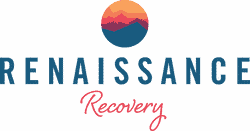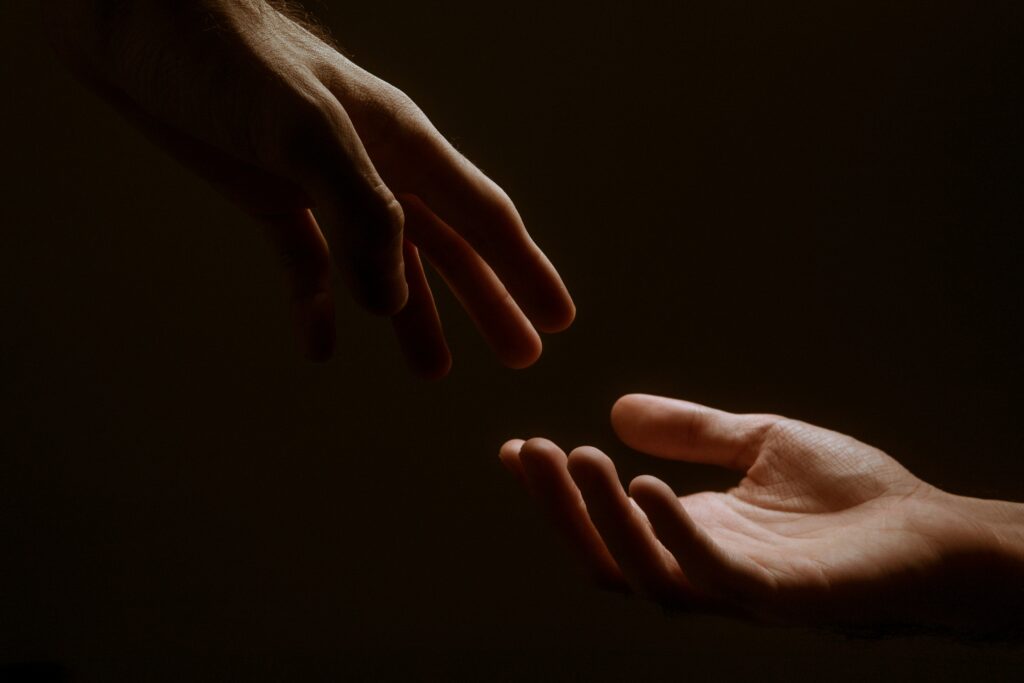PRESCRIPTION DRUG REHAB
UNDERSTANDING PRESCRIPTION DRUG REHABS
According to a report published by Orange County Health Care Agency, substance overdoses or poisonings in the county reach over five thousand hospitalizations and approximately seven hundred fatalities annually.
This is where a drug addiction treatment program can help. See what Renaissance Recovery’s California and Florida rehabs have to offer, why it’s beneficial to attend, and what to expect.

By: Renaissance Recovery
Clinically Reviewed by: Diana Vo, LMFT
Last Updated:
03/24/2024
What is a Prescription Drug Addiction Rehab?
Prescription drug abuse is a serious disorder and needs to be treated in a safe, professionally staffed environment. A prescription drug addiction rehab offers the perfect environment to receive a medical, supervised detox, inpatient rehab, outpatient rehab, and continued care.
Prescription drug abuse rehabs specialize in the treatment of prescription medications addiction. Depending on the facility, you’ll have access to the following prescription drug abuse treatment programs:
PHPs (partial hospitalization programs)
Inpatient Programs (IPs)
Outpatient Programs (IOPs)
Intensive outpatient programs (IOPs)
Alumni programs for ongoing care
Many treatment centers for prescription drugs also combine holistic and evidence-based interventions that include:
- Medication-assisted treatment
- Psychotherapy
- Family therapy
- Group therapy
- Individual counseling
- Experiential adventure therapy

Most prescription drug recovery centers also treat a variety of substance abuse issues like opioid painkillers, over the counter drugs, Central Nervous System (CNS) depressants, illegal drugs, chemical dependency, prescription painkillers, opioid addiction (aka opioid use disorder), and more.
Often individuals coming to rehab for treatment also can get treatment for drug abuse and alcohol addiction of all kinds. They will often offer addiction medicine which helps to ease the dangers of withdrawal and alleviate pain from detox symptoms.
How Do I Know Which Treatment for Prescription Drug Abuse to Choose?
The most effective way to know what kind of recovery treatment plan is right for you is by calling your rehab center of choice and speaking with a representative. The professionals on staff will usually be able to guide you through a serious of questions to determine your specific needs based on your drug of choice, length of drug abuse, and any existing mental health issues, sleep disorders, or physical illnesses.
Many people with moderate to severe addiction begin with detox, and make their way through inpatient rehab, then outpatient, and finally aftercare programs like group counseling (NA, AA), and sober living groups.

What is Prescription Drug Abuse?
Prescription drug abuse involves the unprescribed use of medications that are typically only meant to be used for treatment of physical disorders, sleep disorders, or mental health disorders. This addiction can be particularly difficult to quit on your own because of dependency causing your body to become physically reliant on the drug.
Engaging in drug abuse is dangerous on its own, however drug abuse that involves prescription medications can be even more life threatening as many people can get easy access through a prescription from their doctor. Substance abuse can then continue into more illicit drugs as they continue to chase the high that prescription medications gives them.
The good news is that addiction to prescription drugs, prescription opioid use, and other drugs can be treated through a serious of specialized rehab treatment programs. Read on to learn more.

Fight Back Against Alcoholism
Get evidence-based treatment to overcome alcohol addiction at Renaissance Recovery. Call our team now to learn more about the process.
Prescription Drug Abuse Statistics
The National Institute on Drug Abuse (NIDA) states that in America:
- 14.3m (5.1%) people report misusing psychotherapy prescription drugs in the last year.
- 3.7m (1.3%) people report misusing prescription stimulants in the last year.
- 4.9m (1.7%) people report misusing prescription tranquilizers or sedatives in the last year.
- 3.9m (1.4%) people report misusing benzodiazepines in the last year.
- 8.7m (3.1%) people report misusing prescription pain relievers in the past year.
Many individuals unfortunately fall into drug abuse after becoming dependent on medication that they were prescribed to treat a real clinical physical or mental health problem, according to the National Institute on Drug Abuse (NIDA) and Mental Health Services Administration. However, many instances of drug abuse begin this way, with the individual’s body becoming dependent on the prescription medication, leading to abusing prescription drugs.

What Are the Signs of Prescription Drug Abuse?
Prescription addiction happens gradually or even accidentally, and often begins with medication misuse. The signs of prescription drug abuse vary depending on which prescriptions the patient is taking.

Why Attend a Prescription Drug Treatment Center?
Addiction to prescription drugs is nearly impossible to conquer without the aid of medical professionals. Renaissance Recovery’s experienced team is ready to help.
It is critical to find help for prescription drug abuse or addiction before experiencing severe side effects like withdrawal symptoms from prescription medication. The best addiction treatment program could save your life or that of a loved one.
What to Expect During Prescription Drugs Addiction Treatment
Those who are suffering from prescription drug addiction must participate in a program that focuses on counseling, detox, and, when necessary, medication-assisted treatment.
These addiction treatments and therapies are available as an outpatient or intensive outpatient program (IOP). For those who can’t get away from family or work obligations, the outpatient and IOP options are the best environments for healing. Some individuals prefer attending a treatment program and then returning to their residential lives. Whichever level of care you’re interested in, please consider the advice of certified specialists during a consultation.

Prescription Drug Addiction Treatment Programs

Find a Prescription Drug Addiction Treatment Center Near You
Do you, a family member, or someone else you know have questions about attending Renaissance Recovery’s prescription drug addiction rehab? No one should have to experience these challenges without help. Contact Renaissance Recovery by either calling our team or completing our secure online form to learn more about prescription drug addiction and how a treatment for prescription drugs can help you regain your life.
Get Freedom From Prescription Drugs Addiction
Get compassionate, effective care for drug and alcohol addiction at Renaissance Recovery. With prescription and other drug abuse treatments ranging from inpatient to outpatient care, our beautiful luxury rehab facilities are the perfect place for you to get free from substance abuse. Call us today at 866.330.9449 to begin your journey to lasting recovery in a beautiful California or Florida beach setting.

